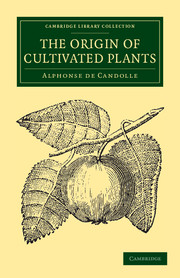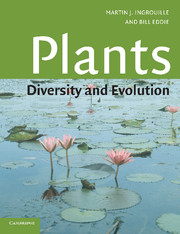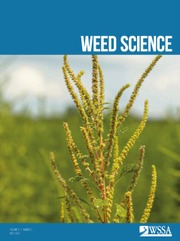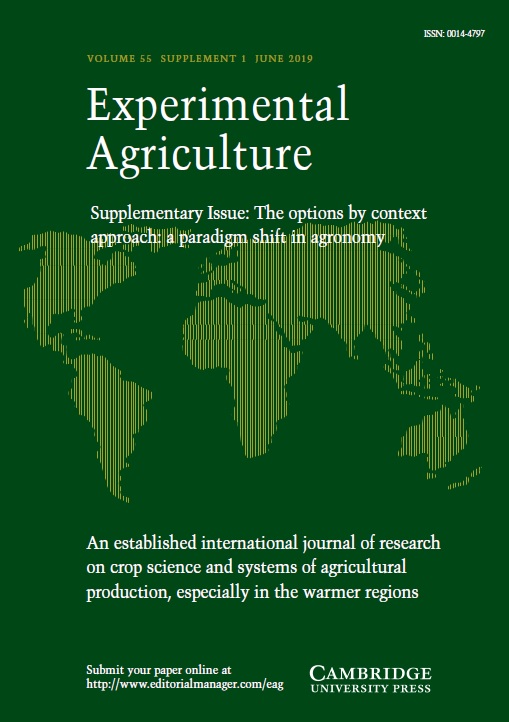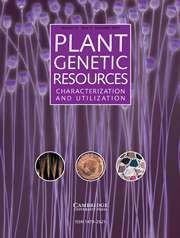The Origin of Cultivated Plants
Part of Cambridge Library Collection - Botany and Horticulture
- Author: Alphonse de Candolle
- Date Published: November 2011
- availability: Available
- format: Paperback
- isbn: 9781108038904
Paperback
Looking for an examination copy?
This title is not currently available for examination. However, if you are interested in the title for your course we can consider offering an examination copy. To register your interest please contact [email protected] providing details of the course you are teaching.
-
Alphonse de Candolle (1806–93) was a French-Swiss botanist who was an important figure in the study of the origins of plants and the reasons for their geographic distribution. He also created the first Code of Botanical Nomenclature. Despite initially studying law, he took over both the chair of botany at the University of Geneva, and the directorship of Geneva's botanical gardens from his father Augustin de Candolle (1778–1841). He published numerous botanical books, and edited ten volumes of the Prodromus, a seventeen-volume reference text intended to cover the key properties of all known seed plants. This work, reissued in the second edition of the English translation of 1886, is his most famous and influential book, tracing the geographic origins of plants known to have been cultivated by humans. It is one of the earliest studies of the history of crop domestication, and an important contribution to phytogeography.
Customer reviews
Not yet reviewed
Be the first to review
Review was not posted due to profanity
×Product details
- Date Published: November 2011
- format: Paperback
- isbn: 9781108038904
- length: 482 pages
- dimensions: 216 x 140 x 27 mm
- weight: 0.61kg
- availability: Available
Table of Contents
Preface
Part I. General Remarks:
1. In what manner and at what epochs cultivation began in different countries
2. Methods for discovering on proving the origin of species
Part II. On the Study of Species, Considered as to their Origin, their Early Cultivation, and the Principal Facts of their Diffusion:
1. Plants cultivated for their subterranean parts, such as roots, tubercles, or bulbs
2. Plants cultivated for their stems or leaves
3. Plants cultivated for their flowers, or for the organs which envelop them
4. Plants cultivated for their fruits
5. Plants cultivated for their seeds
Part III. Summary and Conclusion:
1. General table of species, with their origin and the epoch of their earliest cultivation
2. General observations and conclusion
Index.
Sorry, this resource is locked
Please register or sign in to request access. If you are having problems accessing these resources please email [email protected]
Register Sign in» Proceed
You are now leaving the Cambridge University Press website. Your eBook purchase and download will be completed by our partner www.ebooks.com. Please see the permission section of the www.ebooks.com catalogue page for details of the print & copy limits on our eBooks.
Continue ×Are you sure you want to delete your account?
This cannot be undone.
Thank you for your feedback which will help us improve our service.
If you requested a response, we will make sure to get back to you shortly.
×
